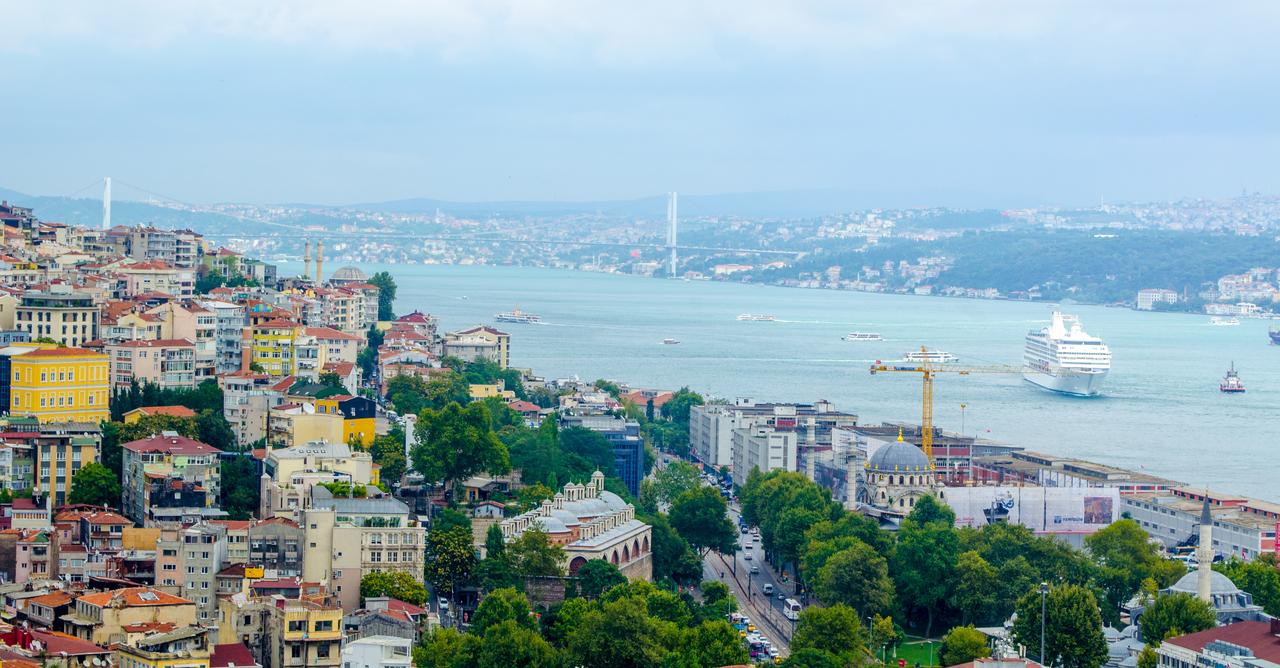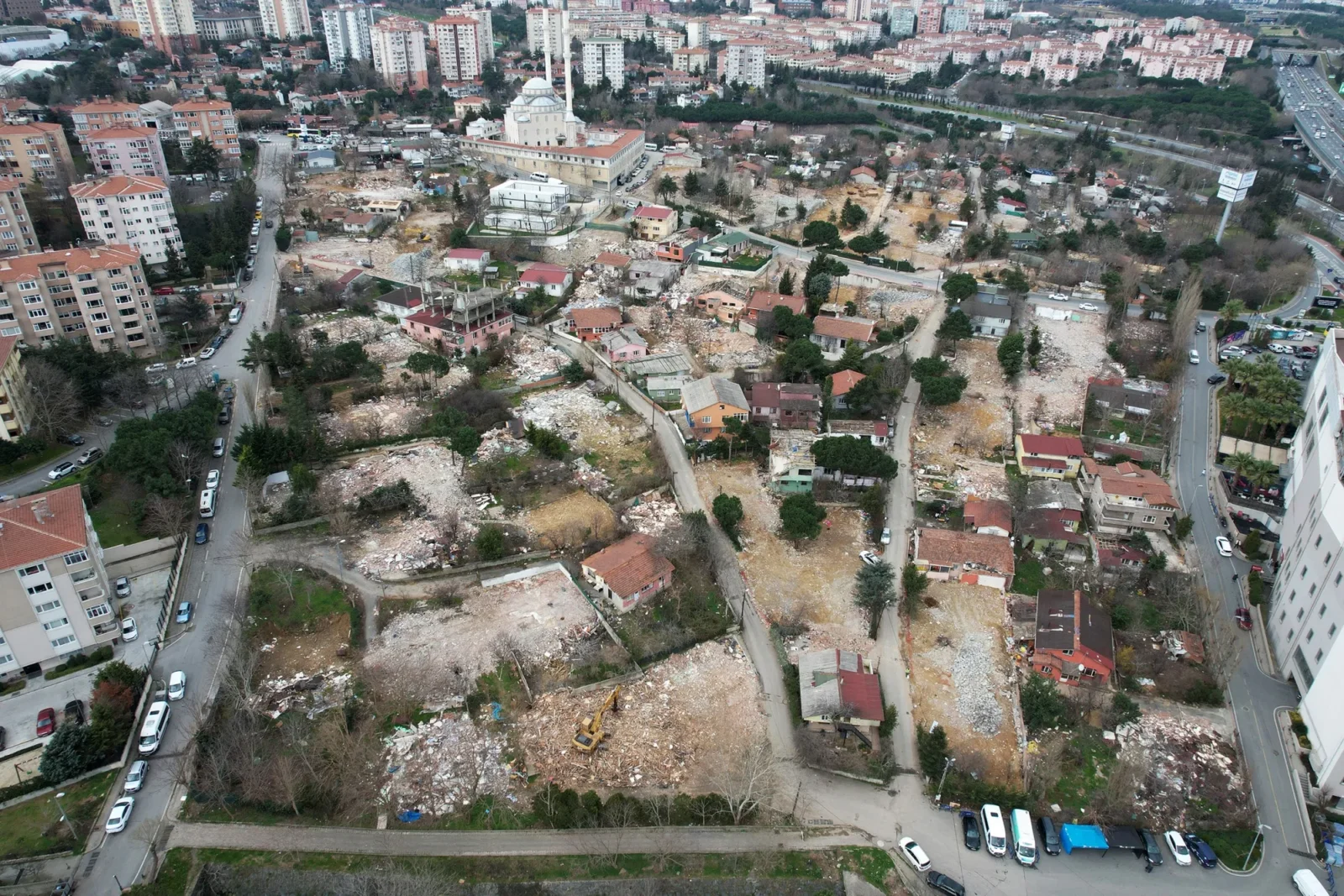
The World Bank has approved $650 million in external financing to strengthen Istanbul’s disaster preparedness, enhance its climate resilience, and boost emergency response capacity, Türkiye's Treasury and Finance Ministry announced Saturday.
The financing, to be managed by the Istanbul Project Coordination Unit (IPCU) under the Istanbul Governorship, will fund the Istanbul Urban Resilience Project.
The initiative aims to construct self-sufficient, climate-friendly buildings that can withstand earthquakes, improve pre-disaster preparedness processes, and expand rapid response capabilities.
Plans include redesigning and reconstructing critical public facilities and emergency response centers to withstand seismic and climate-related risks, according to the information obtained by the state-run Anadolu Agency.
The project will also promote green infrastructure and climate-adapted urban planning to mitigate heatwaves and flood risks, while supporting sustainable water and energy management systems to strengthen the city’s long-term climate adaptation.

Scientists and disaster management experts have long warned that Istanbul sits near the North Anatolian Fault, one of the world’s most active seismic zones. Historical records show that the fault has produced several destructive earthquakes over the past centuries, and research indicates a high probability of another major tremor — potentially exceeding magnitude 7 — striking the region within the coming decades.
These concerns have grown particularly since the August 17, 1999, earthquake, which struck the nearby city of Izmit with a magnitude of 7.6, killing more than 17,000 people and causing widespread structural damage. The city’s dense population, aging building stock, and extensive infrastructure continue to make it especially at risk, prompting large-scale preparedness and resilience initiatives.
The country also faced its most destructive and deadly earthquake in 2023, when twin tremors on February 6, with magnitudes of 7.7 and 7.6, killed at least 53,537 people, destroyed around 500,000 homes, and displaced millions.
Fears over Istanbul’s condition were further sparked after the April 23 earthquake, a magnitude 6.2 event that shook parts of northwestern Türkiye and served as a fresh reminder of the city’s vulnerability.

Treasury and Finance Minister Mehmet Simsek said Türkiye’s long-standing cooperation with the World Bank continues to yield positive results. He noted that the partnership would persist with the same commitment, adding that public investments to improve Istanbul’s earthquake preparedness, disaster management capacity, and overall urban resilience will remain a priority under the country’s sustainable growth and social welfare-focused economic program.
With this latest World Bank financing, combined with funds from other creditors, concessional external resources allocated to boosting Istanbul’s disaster resilience now total approximately $5.4 billion.